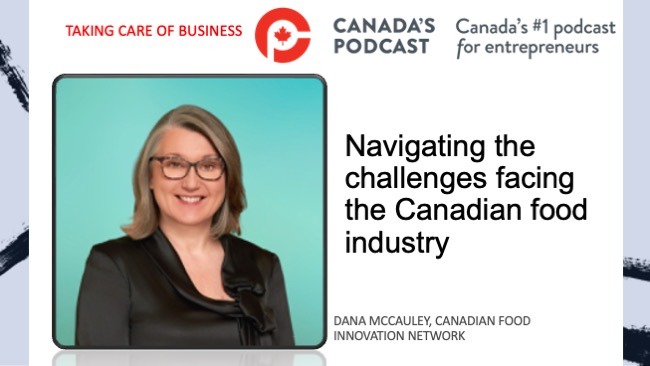Canadian Mental Health Week began on Monday and in response the Business Development Bank of Canada (BDC) released their third report tracking the state of Canadian business owners’ mental health during the COVID-19 pandemic.
The survey, which was completed in early March “before the third wave hit, found that 70% of entrepreneurs said they have things under control (compared with 57% in November 2020) and most (51%) were satisfied with their mental health at least once a week, including a significant increase in those who said they were satisfied every day.”
Findings revealed that over time, the data shows that entrepreneurs are facing ups and downs when it comes to their mental health.
In August 2020, almost six months into the pandemic, 39% felt depressed at least once a week. In November, that number jumped to 47%, and then dropped to 40% in March with the promise of vaccines and lower reported COVID-19 cases, a release stated.
“Looking back across our surveys, we see a yo-yo effect,” said Annie Marsolais, chief marketing officer and mental health advocate at BDC. “As COVID-19 cases rise and fall, so does the mental health of entrepreneurs. We have seen incredible resiliency from business owners despite the instability around them.
“That said, compared to previous surveys, in March they were more concerned about the health impact of COVID-19 on themselves and their family (43%) and significantly fewer (12%) wanted to seek the support of a professional. We are here to remind entrepreneurs that they are not alone in feeling this way and it’s OK to talk about it.”
One year later, business owners report their top coping mechanisms as getting outside (47%), exercising (47%), and talking to someone (31%). These strategies are consistent with previous surveys, with a slight increase in exercise and self-care.
Dr. Joaquin Poundja, a psychologist at the Douglas Mental Health University Institute, said that one year in, just as entrepreneurs have been forced to adjust their business models, they are also learning more ways to manage their stress.
“Coping strategies will help to minimize the fluctuations in mental health,” he said. “While physical activities are important, coping strategies need to be more diverse. Only 31% of entrepreneurs reported talking to someone as a coping strategy.
“It is highly important for entrepreneurs who feel more isolated to talk to others, network, to seek support from family and friends, and to consult a health professional if needed.”
At the time of the survey, more than a third (41%) of all Canadian businesses were either not operating or only partially operating. Despite a better outlook in March, one year into the pandemic, business owners said their sources of stress were increasing, particularly the survival of the business, cash flow and finding talent.
Today, with further restrictions in place in many provinces, its likely these sources of stress are only increasing, BDC said.
“This feels like deja-vu,” said Jullianna Charlton, CEO of NoMiNoU and a BDC client. “Every week, businesses are facing new restrictions. I am trying to juggle running my business, keeping up with these changes, supporting my employees and clients, plus trying to take care of myself, my house and family. It’s like one step forward, three steps back.”
As the pandemic continues, the release said, the survival of one’s business is a growing concern.
“Even with the passing of time, things aren’t necessarily getting easier for business owners,” said Marsolais. “We can all help by choosing to shop local, leaving positive online reviews and making referrals. These small actions can make a big difference to business owners, so they have one less worry.”





